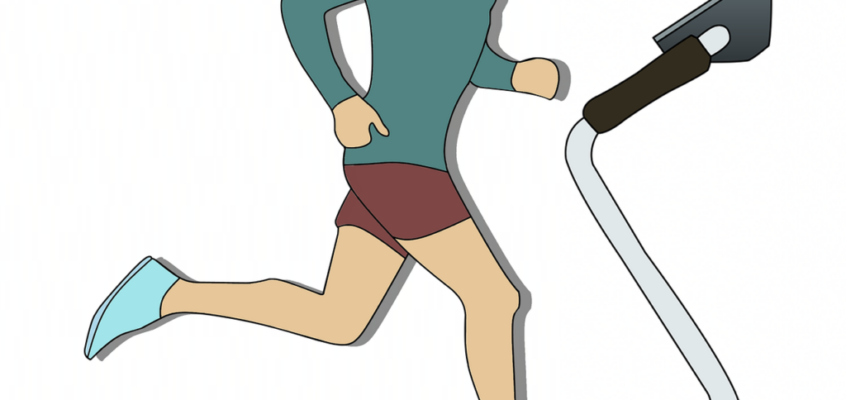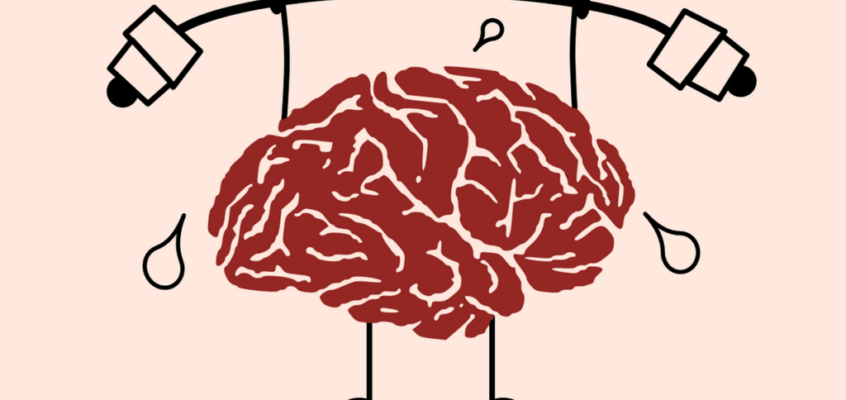A Short Term Sleep Intervention Could Help Children with ADHD
A new research study shows positive, long lasting results for children with ADHD, from a two-session sleep program. The program improves the children’s sleep, ADHD symptoms, quality of life, daily functioning and behavior, with benefits lasting at least 12 months. Because the intervention is brief, it is suitable for use by most families as well as a wide variety of clinicians.












